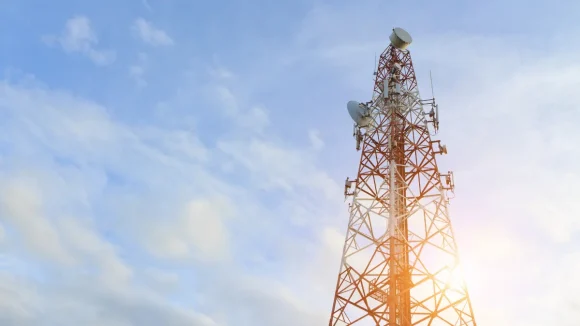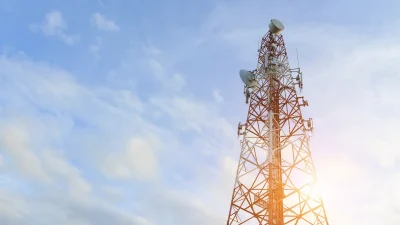The era of 3G networks in Australia is coming to a close, and with it, a significant change is underway for GPS devices used in the delivery sector. In the past, many of these devices relied on 3G SIM cards, but now they need to switch to 4G SIM cards. Steve Orenstein, CEO and Founder of Locate2u, shares his thoughts on how this shift will impact the industry.
Adapting to the 3G change-over
3G has been a big part of Australia’s tech history, but it’s time to move on. GPS devices that used to work with 3G SIM cards are now at a crossroads. They need to upgrade to 4G SIM cards to keep working smoothly. This change isn’t just about swapping SIM cards; it’s about embracing various benefits.
According to Orenstein, this transition isn’t just a formality. Many businesses that rely on GPS tracking already have devices that can do more. However, the looming shutdown of 3G SIM cards threatens their functionality.
“Their SIMs are just not going to work once it hits 30th of June 2024,” he says.
Speeding up with 4G
What’s the real impact of 4G on GPS systems? The change is more than meets the eye. GPS trackers equipped with 4G harness Long-Term Evolution (LTE) cellular networks, delivering significantly faster data transmission speeds and enhanced coverage compared to 2G and 3G networks. This is especially true for GPS data like vehicle location and driver behavior.
This real-time data flow means fleet managers can make quicker decisions based on up-to-the-minute information and a larger coverage area. “This is an opportunity for people to find the right device,” according to Orenstein.
As 3G steps aside, 4G steps in with more capabilities. “A lot of these GPS devices that previously used 3G SIM cards, now need to be moved to 4G SIM cards,” he details.
Orenstein raises a key point: security. He reminds us of instances when specific GPS devices from China had security problems. These issues allowed unauthorized access to the devices, potentially compromising vehicle control.
A 4G GPS tracker can also resist communication and radar interference and provide precise positioning. Orenstein’s point is clear – transitioning isn’t enough; it must be done securely.
Working together
The road ahead is all about collaboration. Orenstein envisions an ecosystem where everyone in the industry works together to smooth this transition. At Locate2u, their role goes beyond providing GPS units; they offer both GPS units and 4G SIM cards, ensuring a comprehensive shift. This change isn’t just about technology; it’s a chance to refine how fleets are managed.
As technology keeps advancing, 4G emerges as a game-changer. The combination of faster data, constant connectivity, and secure transitions paints a brighter picture for the delivery sector. Even though the impact of 4G might not be immediately apparent, its effects ripple through fleet operations. It’s not just a tech change but a shift embodying innovation, security, and efficiency. Orenstein’s advice rings true: When making this shift, it’s not just about picking a device; it’s about choosing a reliable partner as you enter this new era of GPS technology.











